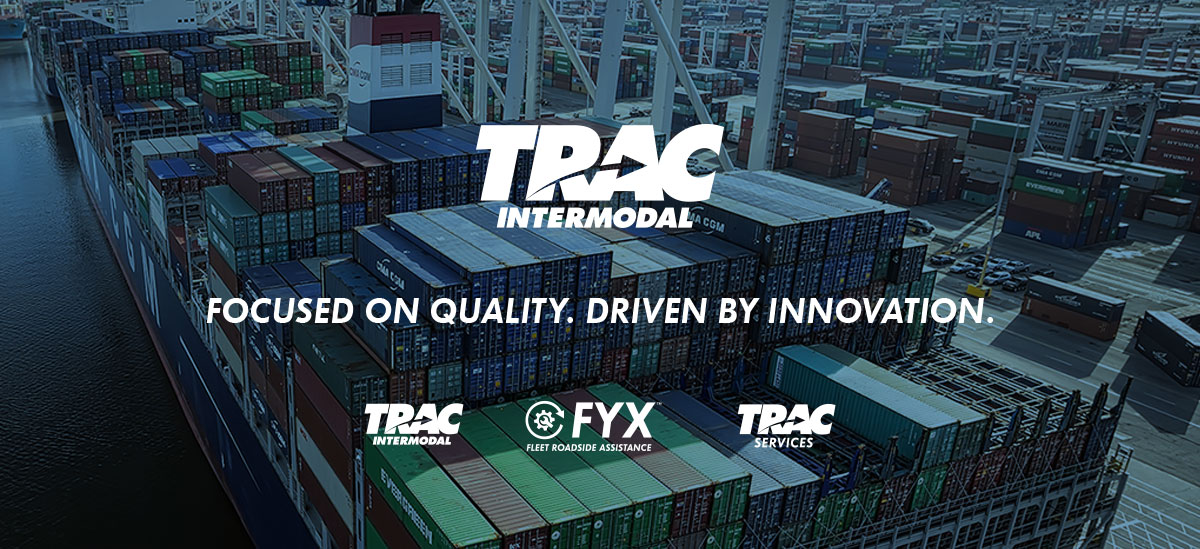
2020 YEAR IN REVIEW
Navigating through the intermodal
supply chain challenges during
the COVID-19 pandemic.
Message from TRAC Intermodal’s CEO, Daniel Walsh
Across the globe, COVID-19 has presented new challenges that have dramatically affected every industry including international container freight. The pandemic changed the way businesses operate and will impact the global economy well into 2021.
During 2020, transportation companies, including TRAC, had to shift gears from record-low to record-high volumes while navigating through a global economic and health crisis. Here are key takeaways from the perspective of the leading marine chassis pool manager and equipment provider:
- As the pandemic began, transportation companies were faced with a challenging task of ensuring safety of their employees while providing essential supply chain services. For TRAC this meant quickly shifting the workplace of the majority of our employees from our offices to their homes, while implementing all necessary CDC safety measures as our field operations continued to service customers in all markets.
- With the unprecedented upswing in import volumes in the second half of 2020, the U.S. supply chain had to manage the flow of goods at historic levels. The Port of Long Beach announced record-breaking months in August, September, October and November. Similar trends were reported by Port of LA and Port of NY/NJ as well as other ports and rail terminals. All this has put pressure on every player in the supply chain. TRAC has been managing the record increase in import volumes in three key ways: adding equipment to pinch point locations, decreasing out-of-service inventory and relocating equipment from safety stock and other locations.
As a result, TRAC’s total fleet size year-over-year in the Pacific Southwest is up 7% and our out-of-service units in TPSP (Pool of Pools) are down 65%. We have injected equipment to our fleet in the Midwest, where the Columbus and Chicago fleets have increased by 20% and 19% respectively. We have also added over 1,400 units to the Port of NY/NJ chassis pool and brought our out-of-service fleet of 40-foot chassis in this market to just 0.5%!

- As the supply chain struggled with record volumes, both chassis terminal dwell and street dwell at warehouses were at an all-time high, which depleted chassis inventory and slowed the supply chain. While TRAC regularly communicated with our key customers to drive the timely return of our chassis, it became apparent that a broader solution across all intermodal stakeholders is needed to address chassis dwell times.
- As consumer behaviors change due to the pandemic, so do their expectations – leading to
e-commerce growth and an increased need for expedited services. A new development in the past year, premium services like the speedy ZIM eCommerce Xpress or CMA’s services are focused on expediting the flow of goods coming into the U.S. This includes offering importers priority loading overseas and transit times as little as 12 days from South China to Los Angeles. A critical component of these premium services is chassis availability. TRAC created private pools to support ZIM and CMA and provide them with customized offerings and streamlined cargo flow. In 2021 and beyond, these new consumer expectations will have an impact on the supply chain and will require increased flexibility to meet the shifting trade needs. - 2020 highlighted technology as a key enabler in keeping the supply chain moving. The Port of Los Angeles recently introduced a new data tool, “The Signal”, which allows users to see what the anticipated TEU is for the next three weeks. This type of forecasting will be essential for handling high import volumes. For instance, TRAC invested heavily in our ERP platform for receiving and processing information to and from customers. Overall, while there has been good progress in terms of facilitating the flow of data in advance of products arriving, the industry’s best chance for successfully streamlining the supply chain is communication, sharing data and collaboration.
The key takeaway from the tumultuous 2020 is that the transportation industry is changing. It will take the ongoing collaboration of all intermodal parties to ensure the seamless movement of goods through the supply chain. For TRAC, that means staying nimble and agile and delivering highest-quality services and innovative solutions to support our customers and the supply chain as a whole.

